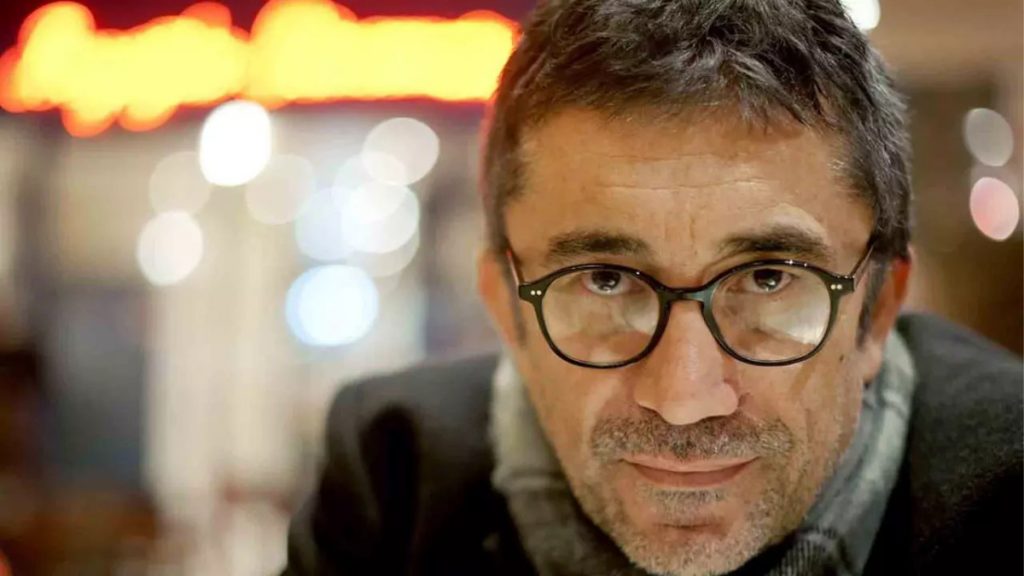
Nuri Bilge Ceylan and Zeki Demirkubuz, two leading figures in Turkish cinema, have been engaged in a long-standing rivalry, filled with accusations and counter-accusations, which has recently intensified. The conflict, reignited in the final days of 2023, sheds light on years of tense relations, alleged screenplay thefts, and mutual attacks. Dive into the intricacies of this captivating cinematic competition, which has enthralled both audiences and critics.
Both renowned directors, Nuri Bilge Ceylan and Zeki Demirkubuz, made headlines in the second half of 2023 with the release of their latest films. However, the spotlight shifted to their long-standing animosity, resulting in a war of words that has escalated over the years.
The roots of their conflict extend to Demirkubuz accusing Ceylan of stealing the screenplay for “Three Monkeys” and allegations of script plagiarism. The tension reached its peak at the 43rd Golden Orange Film Festival in 2006, where Ceylan’s “Climates” and Demirkubuz’s “Fate” competed against each other. “Fate” won the top prize, and Demirkubuz implied a connection between Ceylan fainting at the ceremony and their rivalry.
The feud manifested itself in subtle references and gestures in scenes believed to target each other. In a recent interview, Demirkubuz addressed their strained friendship and accused Ceylan of neglecting him after that awards night, fostering an atmosphere of silence and exclusion.
Demirkubuz’s latest accusations prompted a strong response from Nuri Bilge Ceylan. Denying any references to Demirkubuz in his films, Ceylan directly addressed the allegations, including the fainting incident at the awards ceremony. He accused Demirkubuz of manipulating this event in his favor without any evidence.
Ceylan expressed his reluctance to entertain baseless claims and emphasized that he would only respond through legal means if necessary. The response concluded with Ceylan leaving Demirkubuz to his own reality, implying that the punishment he inflicted upon himself was already sufficient.
In his final note, Ceylan wished everyone a peaceful and conflict-free new year, signaling his intention to avoid further public discourse on the matter. This ongoing conflict between these cinema giants continues to unfold, intriguing audiences and raising curiosity about the future dynamics of Turkish cinema.
This epic saga offers a unique glimpse into the complex relationships within the film industry and demonstrates that sometimes the drama behind the scenes can rival the intensity on the screen.



